
Eric Arthur Heiden is an American physician and a former long track speed skater, road cyclist and track cyclist. He won an unprecedented five individual gold medals, and set four Olympic records and one world record at the 1980 Winter Olympic Games. Heiden was the most successful athlete at those Olympic Games, single-handedly winning more gold medals than all nations except for the Soviet Union (10) and East Germany (9). He is the most successful Winter Olympian from a single edition of any Winter Olympics. He delivered the Athlete's Oath at those same 1980 Games. His coach was Dianne Holum.
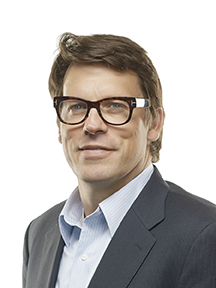
Johann Olav Koss, is a former speed skater from Norway. He won four Olympic gold medals, including three at the 1994 Winter Olympics in his home country.

Noordenveld is a municipality in the northeastern part of the Netherlands.

Ivar Eugen Ballangrud was a Norwegian speed skater, a four-time Olympic champion in speed skating. As the only triple gold medalist at the 1936 Winter Olympics, Ballangrud was the most successful athlete there.
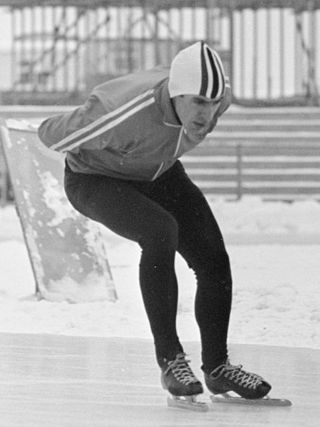
Ants Antson was an Estonian speed skater who competed for the Soviet Union.

Sten Einar Stensen is a former speed skater. Together with Amund Sjøbrend, Kay Stenshjemmet, and Jan Egil Storholt, he was one of the legendary four S-es, contemporary Norwegian top skaters in the 1970s and early 1980s. Stensen excelled at the longer distances, especially the 5,000 m and 10,000 m, and set two world records. He was World Allround Champion in 1974 and European Allround Champion in 1975. He also won Olympic gold on the 5,000 m in Innsbruck in 1976. For his accomplishments, he received the Oscar Mathisen Award in 1974 and 1976.

Bart Veldkamp is a retired speed skater, who represented the Netherlands and later Belgium in international competitions, including the Winter Olympics. He currently is the national speed skating coach of Belgium.

Cornelis Arie "Kees" Verkerk is a former speed skater from the Netherlands.

Gianni Petrus Cornelis Romme is a Dutch marathoner and a former long track speed skater. He won two gold medals at the 1998 Winter Olympics in Nagano and was the World all-round champion in 2000 and 2003. Romme has been a coach since the 2006–07 speed skating season.

Carl Eduard Verheijen is a Dutch former speed skater who specialized in the longer distances 5,000 m and the 10,000 m. Verheijen is the son of international speed skaters Rieneke Demming and Eddy Verheijen. He is in a relationship with retired skater Andrea Nuyt in Leusden. They have a daughter. Carl's brother Frank Verheijen is a marathon skater.

Hans van Helden is a former speed skater, originally competing for the Netherlands, later for France.

Tatyana Borisovna Averina was a Soviet Russian speed skater. After getting married, her name also appeared as Tatyana Barabash.
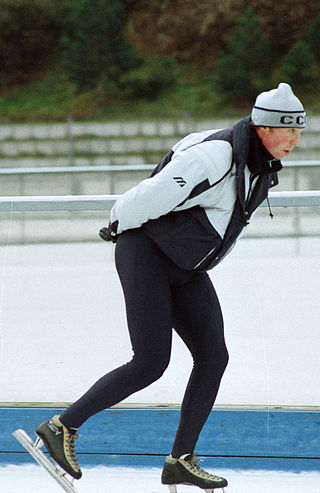
Oleg Felevich Bozhev is a former speed skater. He trained at VSS Trud.

Willem Hendrik Buiter CBE is an American-British economist. He spent most of his career as an academic, teaching at various universities. More recently, he was the Chief Economist at Citigroup.
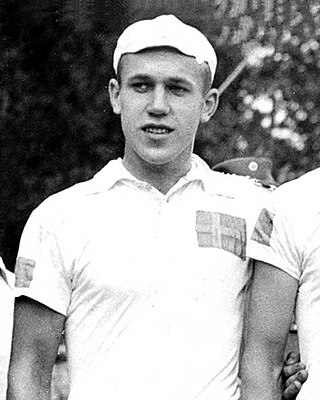
Karl Åke Seyffarth was a Swedish speed skater who specialised in long distance events. He set new world records on the 5,000 m (8:13.7) in 1941 and on the 3000 m (4:45.7) in 1942. He became European Allround Champions in 1947, winning both the 5,000 m and the 10000 m on his way to becoming European Champion. In addition to speed skating, Seyffarth also was one of Sweden's leading cyclists, but this career was hampered by an injury in a dirt biking accident in 1943.

Henricus Coenradus Nicolaas "Hein" Vergeer is a Dutch former speed skater who became both European and World Allround Champion in both 1985 and 1986 . Hein Vergeer was a dominant allround skater, but after recovering from an injury, he was never able to reach that same level again. Because of this, he was unable to fulfil his wish of winning an Olympic medal – at the 1988 Winter Olympics in Calgary, Vergeer competed in the 500 m, the 1,000 m, and the 1,500 m, but his best result was a mere fifteenth place. He had also competed in those same three distances at the Winter Olympics in Sarajevo four years earlier, but did not do much better than with a tenth place as his best result. His best years were in between those two Winter Olympics.
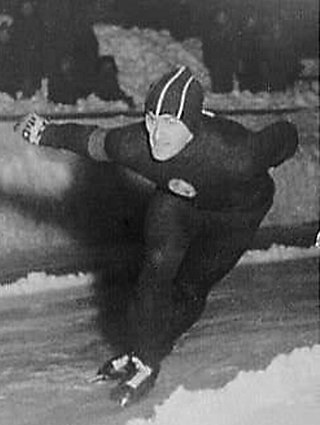
Oleg Georgievich Goncharenko, Distinguished Master of Sports of the USSR, was the first male Soviet speed skater to become World Allround Champion.
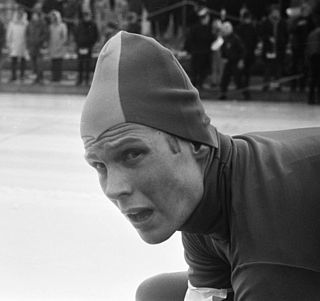
Rolf Göran Claeson is a former speed skater from Sweden.
Jan Pieter Kuiper was a professor of social medicine at the Protestant Free University of Amsterdam. He worked from 1948 to 1958 as a mission doctor on Sumba, Indonesia, for the Dutch Reformed Church. In 1968 he investigated the level of satisfaction at social medicine workers. Some years before that he promoted on the subject company doctors and working humans. He became professor in 1972. In 1975, Kuiper played a major role in the promotion of the idea of unconditional basic income in the Netherlands, after a conference where he gave a passionate and controversial speech. Later on he gave a series of lecture on the need to ‘disconnect productive labour and income’.

Wolf-Dieter Montag was a German physician, sports medicine specialist, mountain rescue doctor, and international sports administrator. His medical career spanned 50 years in his native Bavaria, and included being a lecturer, teacher and consultant for orthopedic surgery, and physical therapy. He served as vice-president of the German Sport Medical Association, advised the Landtag of Bavaria on medical matters, and was a mountain rescue doctor and instructor for 30 years. He was the chief physician of the German Ice Skating Union for eight years, then was its president for 16 years. He was a medical advisor to the International Skating Union for 10 years, served as the Chief Medical Officer of the International Ice Hockey Federation for 23 years, and was a member of the medical committee for the International Olympic Committee at all Summer and Winter Olympic Games from 1972 to 2002. He received multiple awards during his career, including the Order of Merit of the Federal Republic of Germany first class, the Bavarian Order of Merit, the Olympic Order, induction into the German Ice Hockey Hall of Fame, and the inaugural Paul Loicq Award.



















